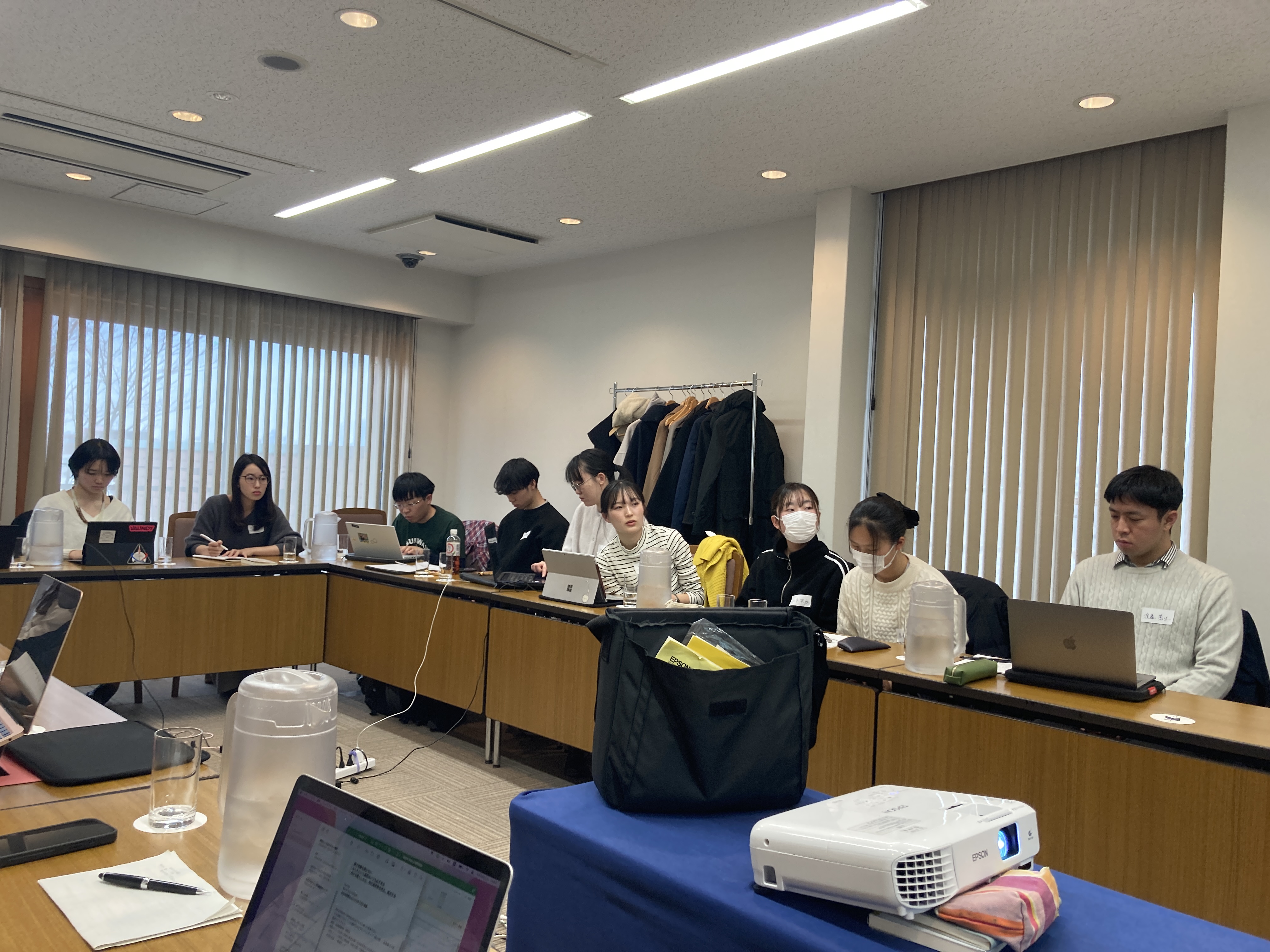- HOME
- Activities
- Forum List
- Forum Details
Marc.23.2024 KIP Forum "The Governance Structure of Japan"

Mr. Tetsuro Tada, KIP Alumni
Mr. Tetsuro Tada spoke about the governance strucure of Japan as a nation, followed by a discussion among participants on the theme "Should factions within political parties be dismissed?"
【Speech and Q&A】
Mr. Tada told us about the 'factions' in Japanese politics, their origins (e.g. electoral system), and their roles (e.g. elections, funding, winning posts). He noted that there have been significant changes in Japanese politics in recent years, such as the political reforms since the 1990s, the era of Koizumi and Abe administrations, which have strengthened politicians' influence over policy making.
【Ground discussion】
Discussion was held on the theme “Should factions within political parties be dismissed?” Some argued that the primary functions of factions, which are backed by funding and post acquisitions rather than policies or belief, are undesirable. Others argued that since the it is natural for members in a large group to form their factions and this tendency is irresistable, the current problems should be approched with this style. Questions were raised as to what criteria should be used to appoint people to posts if factions are dismissed, and whether organizational support is essential for young people and women to win elections and be appointed to positions. Both groups were common in that they were critical of the current 'factions', which were formed for the purpose of gaining posts and funding. They, however, accepted the existence of 'groups' within a political party, and there was further discussion about what the criteria for joining a group should be.
【Personal Opinion】
This forum was very informative, as it is difficult to learn about the current political situation, which is important, by reading books and other means by myself. In the debate, I was initially in favor of dismissing the factions. However, after reconsidering and revising my opinion while listening to participants with different views, I realized that although there are problems with the current 'factions', it is natural for like-minded people to form groups, and after solving the current problems, groups within parties can play an active and constructive role in policy making and in nurturing younger members. The discussions were highly useful as an opportunity to consider issues that we do not discuss very often, and to improve and strengthen my own opinions by absorbing the views of others. In addition, I found Mr. Tada’s talk on politics itself very interesting. Once again I would like to thank the speaker for his valuable talk.
Masaki Goto, 3rd year, Faculty of Law, University of Tokyo


